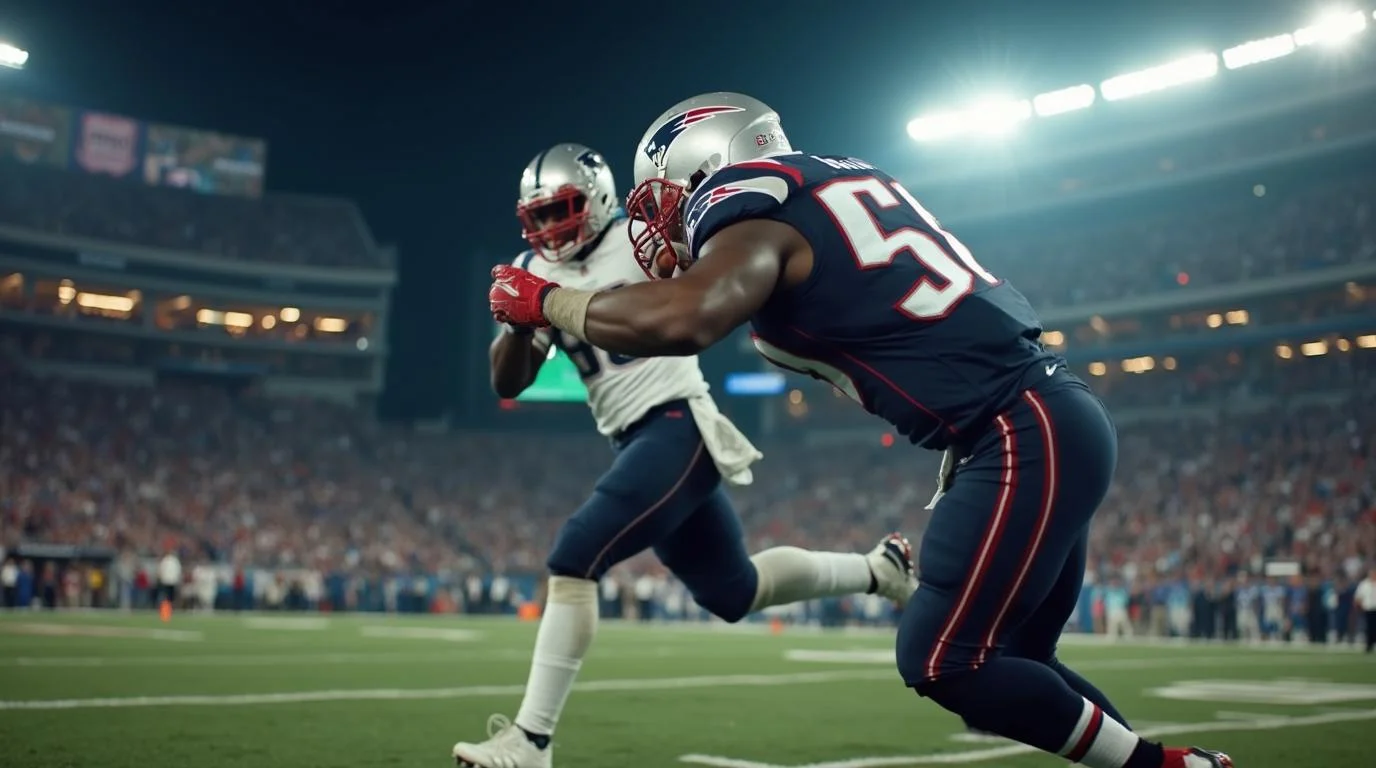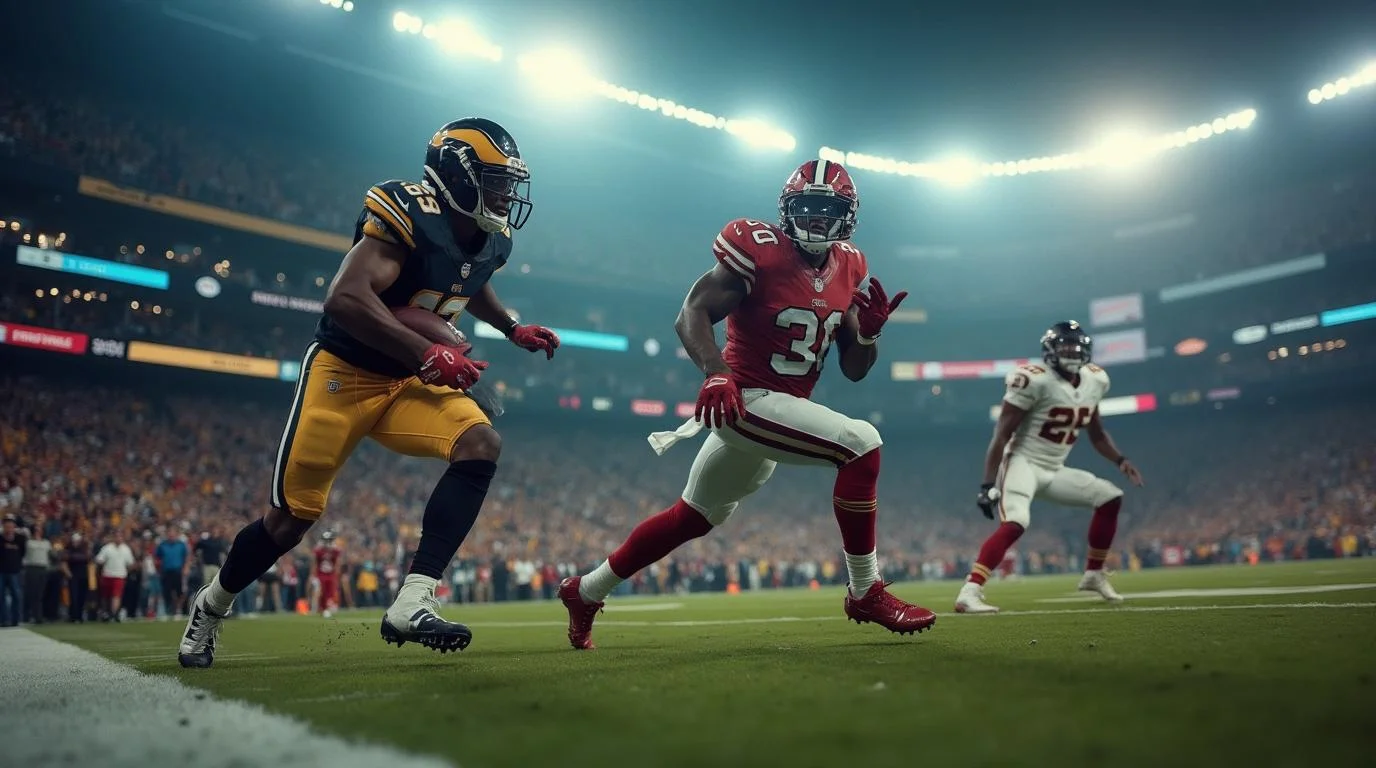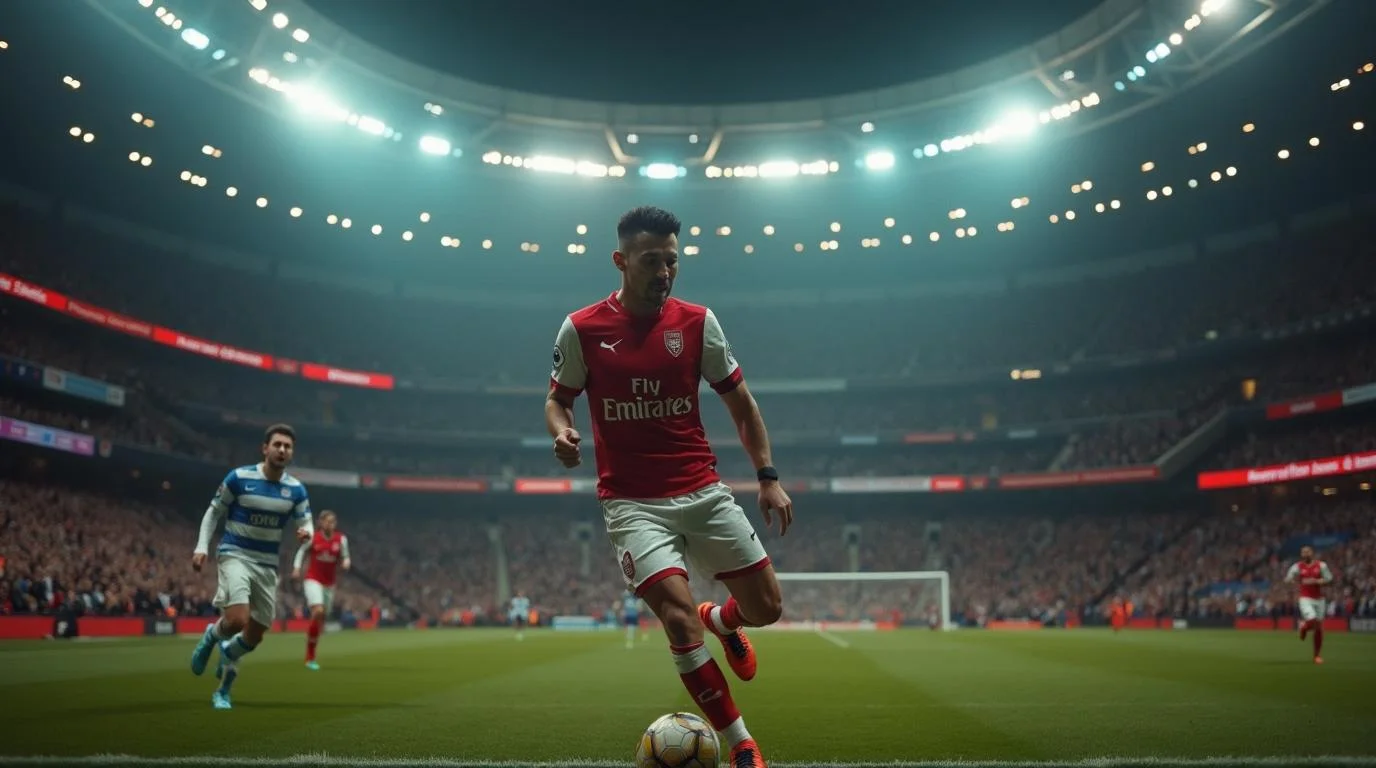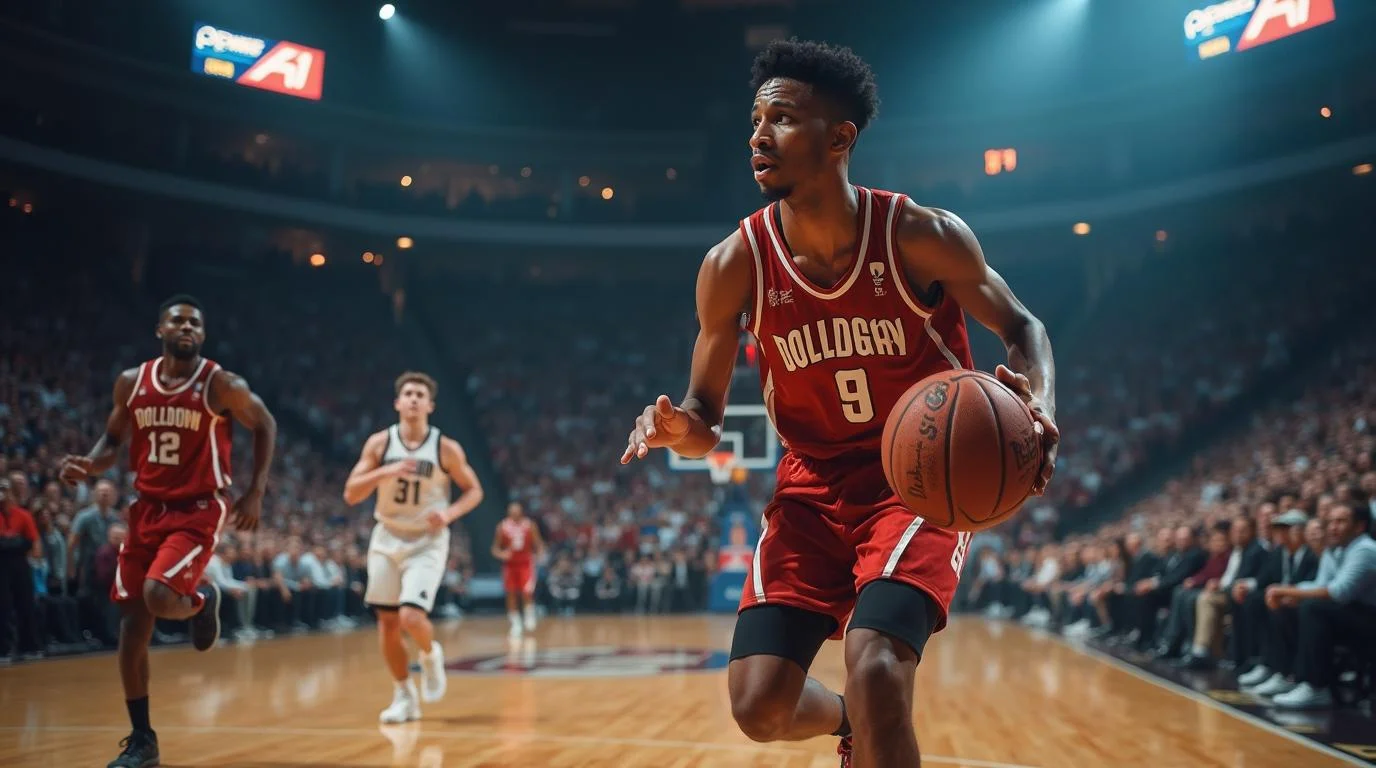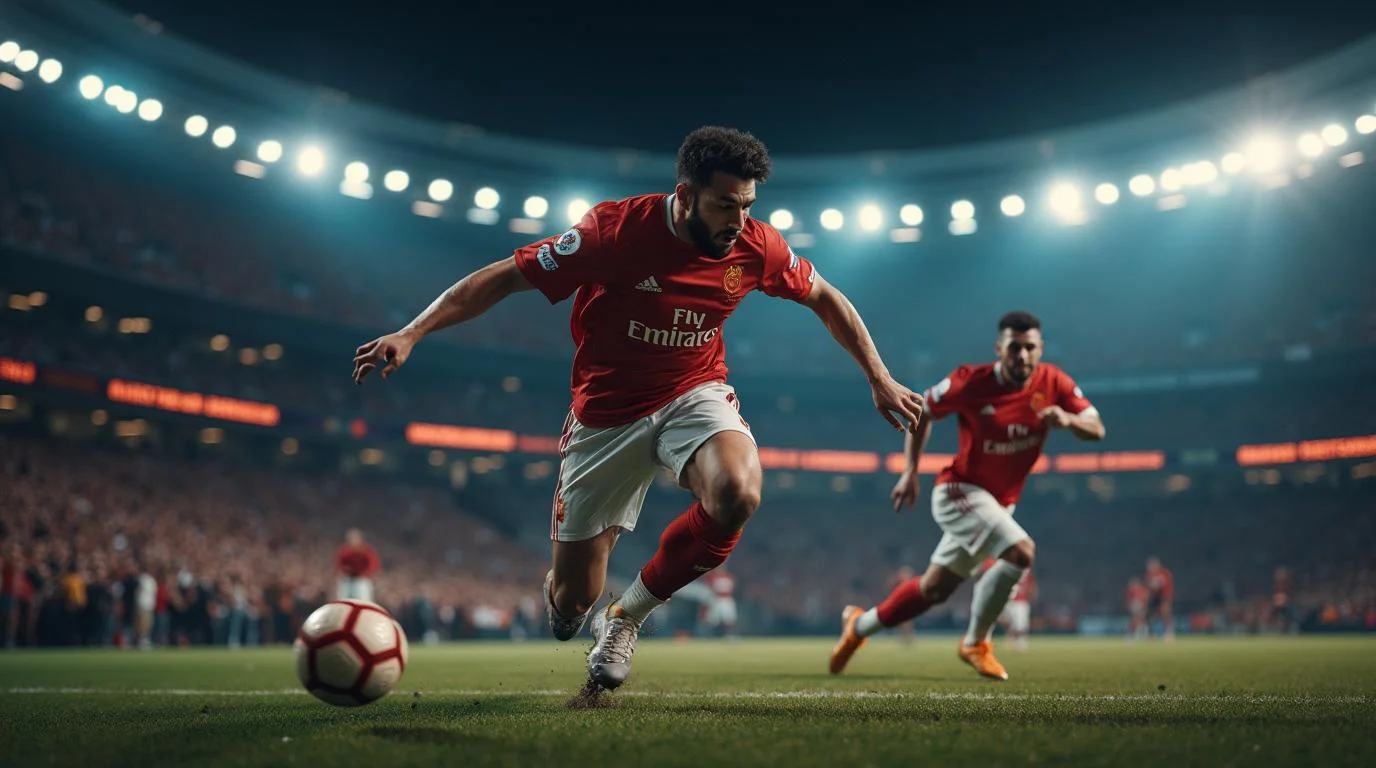Kamala Harris' Strong Performance on Tuesday's Debate Raises Odds in Her Favor, Says Polymarket

1.0
Default
Polymarket, a betting exchange platform that allows the buying and selling of shares based on political results, said after Tuesday's presidential debate between Harris and Trump that Vice President Kamala Harris has raised the odds in her favor, whereas before, she was the underdog.
Vice President Kamala Harris emerged as the perceived winner of Tuesday evening's highly anticipated presidential debate against past President Donald Trump. The debate, held at the National Constitution Center in Philadelphia on the 10th of September, 2024, marked the first direct confrontation between the two candidates vying for the White House in the upcoming election.
Prior to the debate, Harris was already the betting favorite on the political betting exchange Polymarket to be declared the winner. Her strong performance on the stage solidified her position, leading to a noticeable shift in the 2024 election odds in her favor.
A poised and strategic performance
During the more than 90-minute debate, Harris was deliberate in her approach, speaking directly to the American people. She effectively baited Trump into discussing his past record, leading to moments of visible frustration from the former president as he attempted to defend his legacy as well as criticize Harris and President Joe Biden's administration.
Trump, who has long been known for his combative debate style, appeared unprepared at certain times. He often reverted to familiar talking points that have not resonated well with moderate Republicans or independents. His overconfidence in taking on his new rival may have backfired, as even some Republican advocates acknowledged that Tuesday was not his best night.
Despite Trump's own declaration that it was his "best debate ever," the reaction from political bettors was swift. Polymarket users quickly adjusted their positions, shifting their election predictions in favor of Harris.
2024 odds shift in Harris' favor
In the lead-up to the debate, Trump had been the frontrunner in the 2024 betting markets. On Polymarket, his stock was trading at around 52 cents, compared to Harris' 46 cents. However, the debate performance has significantly altered those dynamics.
As of midday on the 11th of September, Polymarket's latest data showed the former President's shares trading at 50 cents, with Harris close behind at 49 cents. On another political wagering exchange, Betfair, the odds now imply a 51.2% chance of victory for Harris, compared to even money, or 50%, for Trump.
The shift in betting odds was not confined to the US. Sportsbooks in the UK, where political wagering is permitted, also reacted to the debate. William Hill, one of the leading UK bookmakers, adjusted its odds, shortening Harris' line to 4/5 (-125), representing an implied probability of 55.56%. Trump's odds, on the other hand, lengthened to 10/11 (-110), translating to an implied chance of 52.38%. Before the debate, Trump was the favorite at -125, with Harris considered the underdog at +110.
Impact of debates on election outcomes
While debates have historically played a significant role in shaping voter perceptions, the extent of their impact on the final election outcome remains a subject of debate among political analysts. The debate on Tuesday was Harris' first major opportunity to connect with the American electorate on a national stage. Since becoming Vice President, Harris has largely avoided the limelight, with few media interviews or public appearances.
During the debate, Harris chose to focus on a softer, more emotionally resonant approach rather than delving into detailed policy specifics. Her strategy appeared aimed at appealing to undecided voters and those seeking a leader who could empathize with their concerns.
In contrast, Trump's brash style was on full display, with his supporters criticizing the debate as a three-on-one scenario. They argued that ABC News moderators Linsey Davis and David Muir frequently fact-checked Trump while allowing Harris' statements to go unchallenged. But despite these complaints, the overall consensus among political analysts and bettors is that Harris had the upper hand.
Looking ahead to November 5
The aftermath of the debate has undoubtedly shifted the momentum in Harris' favor, as reflected in the changing betting odds. However, it remains to be seen how these perceptions will translate into voter behavior. Polls in the coming days are likely to show a shift towards Harris, but the ultimate decision will rest with the American electorate when they cast their votes on November 5.








_800x800.webp)


